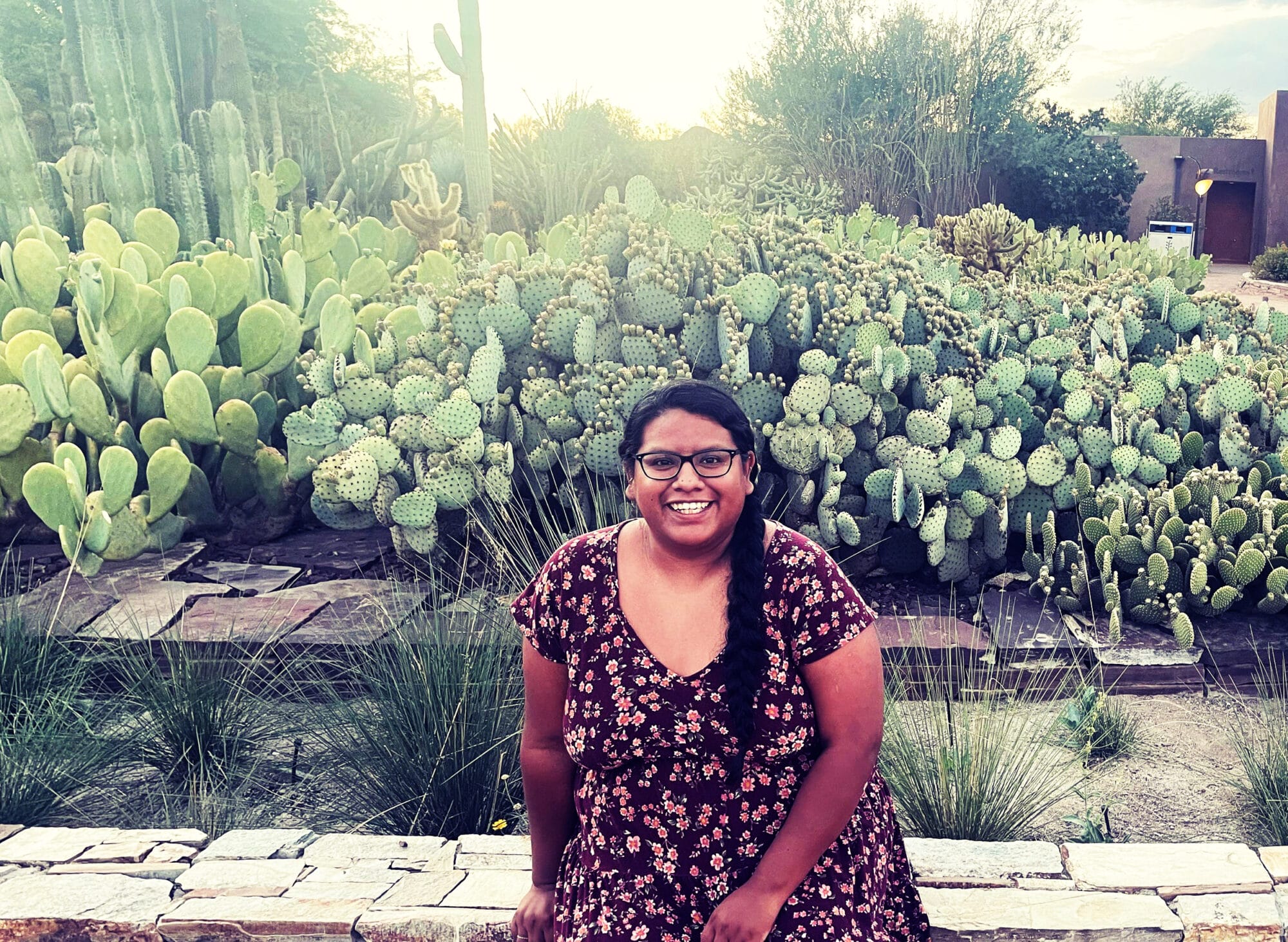Yesenia Ramales, born in Puebla, Mexico, came to the U.S. in 1994. She has been a beneficiary of the DACA program since 2012 and says she is disappointed by the inaction of politicians regarding immigration/COURTESY OF YESENIA RAMALES
Javier ArceRafael CarranzaBill KeveneyDaniel Gonzalez/USA TODAY
The DACA program started taking applications 10 years ago this week and remains as divisive as when it was first launched in 2012.
A panel of federal judges in New Orleans is expected to rule in the coming weeks whether to do away with the program.
” I haven’t had children because I don’t know if I will be deported someday,” one DACA recipient said.
Like a roller coaster, with ups and downs, excitement and fears, not knowing where it will end. This is how Yesenia Ramales sees the Deferred Action for Childhood Arrivals policy.
“It’s been 10 years of a lot of frustration, not only for me but for the whole community. It’s disappointing to see that we’re in a position where something could be done and nothing is being done,” said Ramales, who lives in Phoenix.
The DACA program started taking applications 10 years ago this week and remains as divisive as when it was first launched in 2012. A steady stream of legal challenges threatens its existence, leaving the more than 600,000 DACA recipients in the United States in a constant state of uncertainty, frustration and fear.
A panel of federal judges in New Orleans is expected to rule in the coming weeks whether to do away with the program, potentially erasing a decade’s worth of protections for undocumented young people.
“I haven’t bought a house thinking that I could become unemployed if the program ends at any moment. I haven’t had children because I don’t know if I will be deported someday,” Ramales said. “You can’t plan a life living every two years, and every two years, and every two years.”
Ramales, 29, was born in Puebla, Mexico, and was brought to the United States by her parents in 1994, when she was two years old. She is a paralegal at The Florence Project in Phoenix, a nonprofit that provides free legal and social services to adults and unaccompanied children in immigration custody.
“When people talk about DACA, people don’t grasp that we are no longer children, we are no longer young people. We are already adults,” she said. “I will be 30 years old in a month, and I am still in this frustrating situation where uncertainty is constant.”
“When Congress repeatedly failed to pass the DREAM Act legislation that would have given legal status to many young children brought to the country through no fault of their own, the Obama Administration through Executive Order created the DACA program.
“The DACA program has been a success for recipients by most measures, allowing two year renewable work permits for undocumented persons which in turn open pathways to better jobs, opening businesses and bank accounts, and even in state tuition and scholarship opportunities.
“The downside of DACA being created by Executive Order is on full display in this article, as we see Federal judges in different jurisdictions toying with the survival of the program- and in turn the lives and futures of hundreds of thousands of Dreamers- more than ten years after the program was created.
“The hope is for legislation to enshrine the protections of the DACA program and a pathway to citizenship for these Dreamers so that they may live with reliance on their status, rather than in fear of it being taken away.”
~ Darius Amiri








